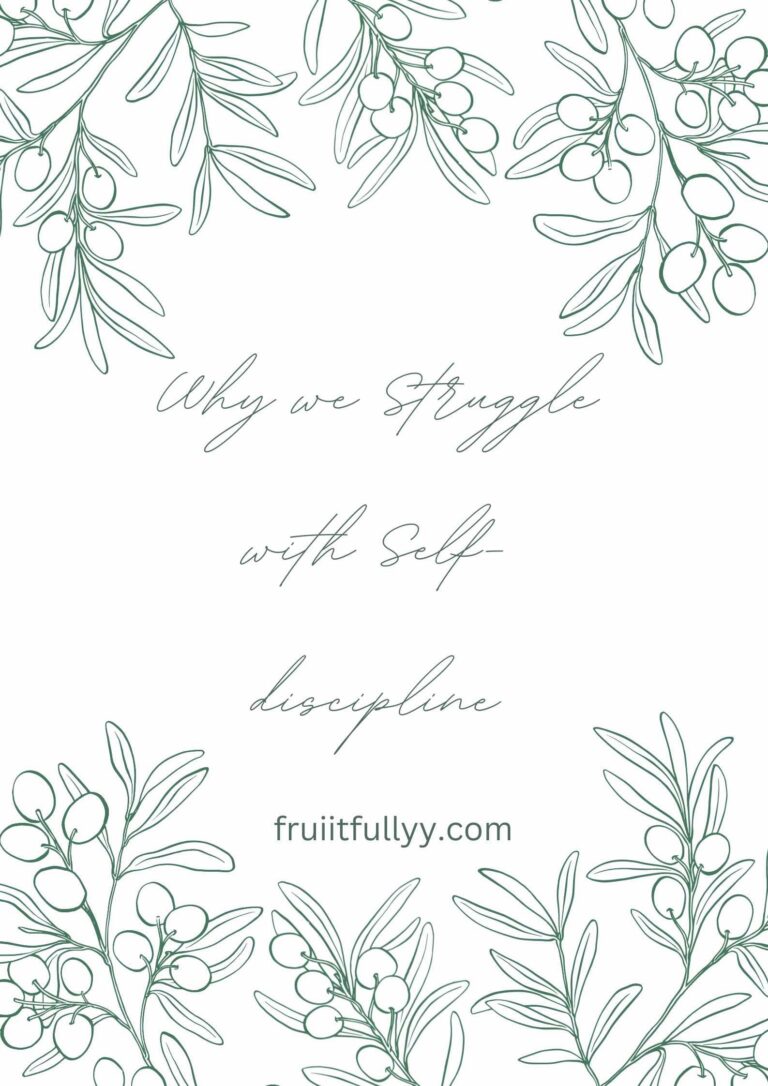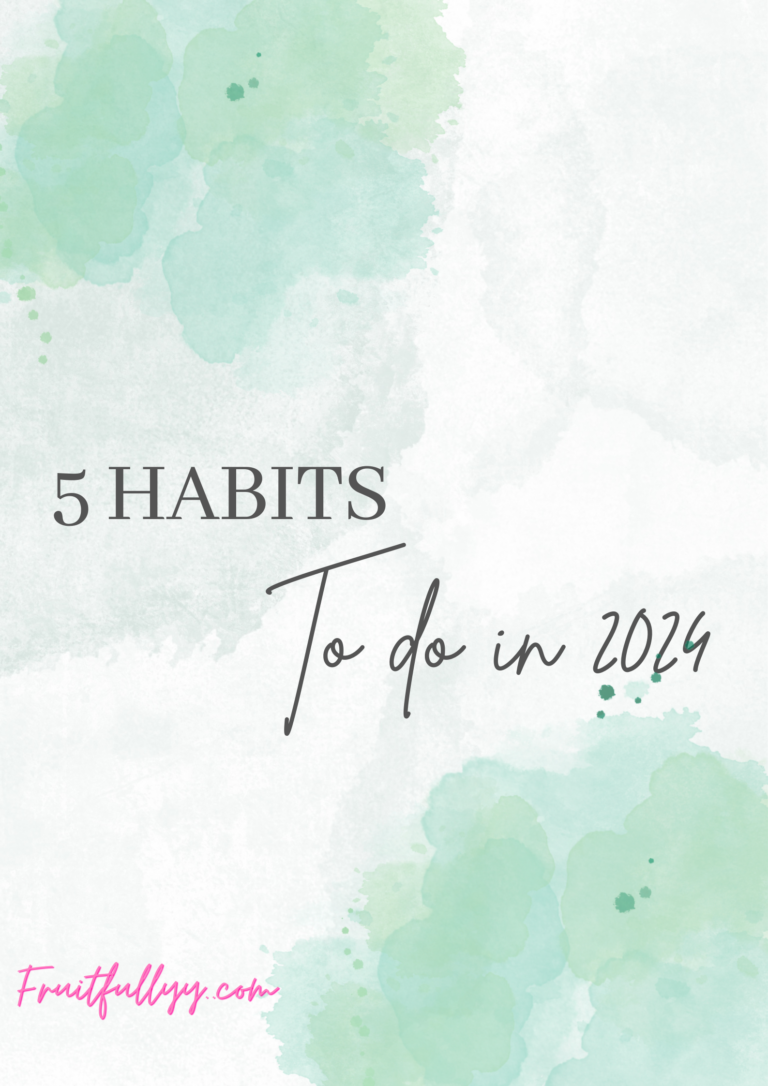The myth of multitasking suggests that individuals can effectively manage multiple tasks simultaneously, but research indicates that this approach often leads to decreased productivity and increased errors. When people attempt to juggle several activities at once, their brains struggle to switch between tasks, resulting in diminished focus and cognitive overload. Instead of enhancing efficiency, multitasking can lead to longer completion times and hinder performance. Studies have shown that concentrating on one task at a time yields better outcomes and fosters deeper engagement, highlighting the importance of prioritization and undivided attention in achieving goals.
To combat this, one can adopt some practices to aid in single-tasking!(counter-intuitive , isn’t it?)
1.Prioritise Tasks
Someone once advised me- to think of what is the ONE most important thing to tackle in that day, and tackle it. Everything else that can be done that day is a bonus. When we are trying to juggle too many things at once, it might lead to not knowing what to do first, and one might even end up procrastinating and not get anything done!
2. Set Time Blocks
Allocate a specific time for each task, starting with the most important, or time sensitive task on the list.
3. Use a Goal Action Planner, like Powersheets!
Use a planner which helps you to process and figure out your “why”, break down the barriers/obstacles to overcome, and write down the big steps and each of the little steps to help you get closer to achieving your goal. I’ve been using these Powersheets, and reviewing them regularly has helped me to stay on track with my goals for the year.
4. Reflect on your progress
Everyone is different and different strategies work for different people! Regularly reflect on and assess whether your current habits and strategies that you have implemented are working for you, and tweak them along the way.
While multitasking may seem like a valuable skill in our modern world, it is often a myth that can lead to reduced productivity, increased errors, and heightened stress. By embracing the practice of single-tasking, individuals can enhance their focus, improve their work quality, and foster healthier mental states.






